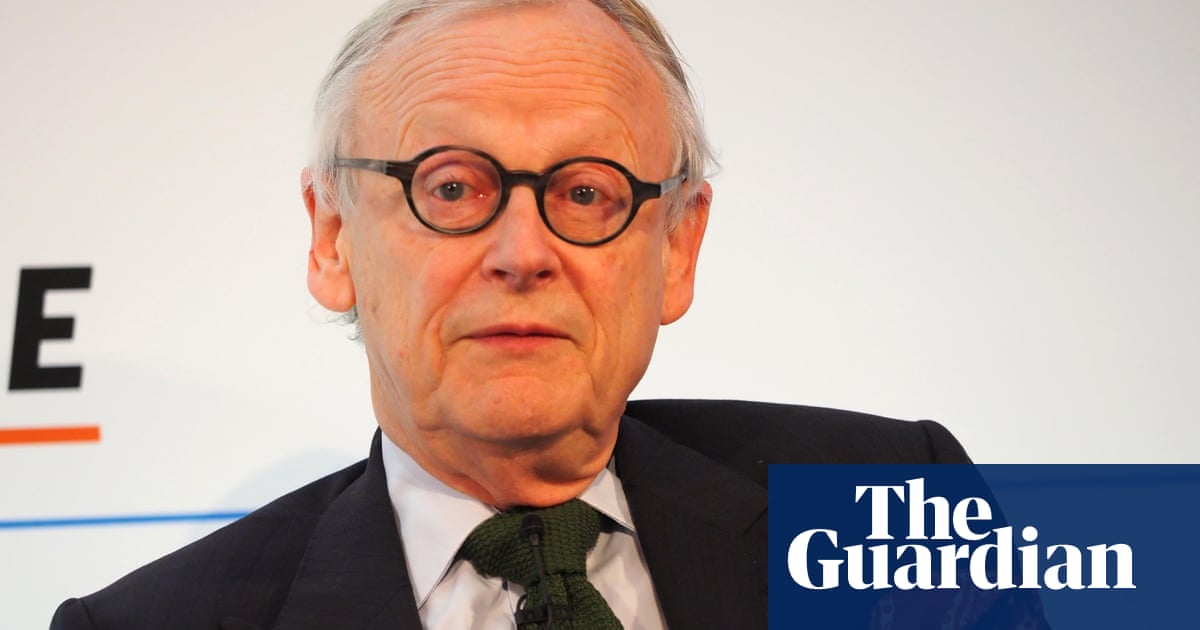
The woman behind the first climate emergency declaration by a UK council says swingeing cuts and a lack of support from central government have hampered local authority attempts to tackle the escalating problem.
Bristol Green party councillor Carla Denyer proposed the UK’s first climate emergency motion two years ago, committing the city council to go carbon neutral by 2030. Since then three-quarters of local authorities across the UK – as well as universities, the UK parliament and scores of other organisations – have followed suit with their own climate emergency declarations.
Among the hundreds of council initiatives now under way, Cornwall is investing in a 3MW wind turbine and two deep geothermal projects, Dundee council is building a hydrogen transport system and Nottingham is trialling wireless charging at its taxi ranks.
However, speaking on the second anniversary of Bristol’s declaration, Denyer said that, although many councils had declared a climate emergency, there had been a lack of meaningful action. “An emergency demands immediate action. Instead, two years later, our house is still on fire and our government seems unable or unwilling to respond appropriately,” she said.
She added that although many councils – including Bristol – had the political will and expertise to implement far-reaching climate policies, but they were being hamstrung by deep cuts from central government and a lack of leadership from ministers. “We are seeing local government decimated and struggling to maintain mandatory frontline services, while central government is more concerned with political posturing than practical action,” Denyer said.
The Institute for Fiscal Studies earlier this year said councils in England faced a £2bn shortfall in funds due in part to the impact of the Covid-19 crisis.
On Friday hundreds of leading councillors, officials and environmental experts from local authorities that have declared a climate emergency are taking part in an online conference, sharing expertise about how best to implement radical climate policies.
Kevin Frea, who founded the Climate Emergency UK group, which is hosting the event, said it was a chance for some of the leading figures in local government to swap practical advice and information about how councils can implement radical climate policies.
Frea said around half of the 300 councils that had declared a climate emergency had since put forward action plans – some of which were making “great progress”.
But he added even those with the best programmes were being severely restricted by lack of funding and support from central government. “They really need the government to back them, they need legislation, they need financial support, they need staff and experts in different fields,” he said.
Six councils – Cornwall, Stroud, Bristol, Wandsworth, Lewisham and Calderdale – will present their action plans at the summit, which will also hear from leaders and experts in climate policy from across the UK.
Denyer, who is speaking at the event, said that if councils were given the right support there was a huge opportunity not just to tackle the climate crisis, but also to improve living standards in towns and cities across the country.
“Becoming a carbon-neutral city is not only about tackling the global threat of climate change,” she said. “It’s also about making our city a better place to live – for all of us.”
Extinction Rebellion has been at the forefront of the campaign to persuade councils to declare climate emergencies over the past two years. Sarah Lunnon from the group said far too little progress had been and called on MPs to back XR’s demand for a climate and ecological emergency (CCE) bill in the Commons.
“Local authorities are part of the solution to the climate and ecological emergency, but they need leadership and powers to act,” she said. “At the moment they have neither. The CEE bill, if passed, would require immediate action, providing the framework to create a national transition strategy enabling local governments to meet the aspirations of their residents.”












